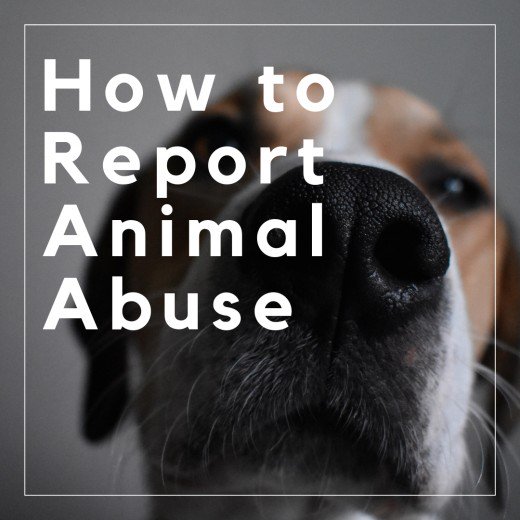Animal cruelty is a grave issue that affects countless creatures in both public and private environments. In an age where awareness is increasing, it’s essential to understand that reporting animal cruelty is not only a civic duty but also a moral imperative. Many individuals may wonder about the avenues available for reporting animal cruelty, particularly in public spaces or within the United Kingdom. This article aims to elucidate the various options you have when faced with such an unfortunate situation.
1. Understanding Animal Cruelty
Before navigating the reporting process, it’s beneficial to grasp the nuances of animal cruelty. Animal cruelty can manifest in myriad forms, ranging from neglect—such as failing to provide adequate food, water, or shelter—to outright violence, including physical abuse. It can occur in both domestic settings and institutional environments, like zoos or research facilities. Recognizing these different manifestations is key to identifying what constitutes a reportable offense.
2. Legal Framework in the UK
The UK boasts several laws designed to protect animals, primarily encapsulated in the Animal Welfare Act 2006. This legislation delineates the responsibilities of pet owners and those in charge of animals, obligating them to ensure the animals’ welfare. Breaches of this law can lead to prosecution, underscoring the gravity of animal welfare.
3. Reporting Animal Cruelty in the UK
When faced with suspicions of animal cruelty, it’s paramount to act swiftly. Here are the primary channels available to report such distressing events:
A. Local Authorities
Your first point of contact can be your local council. In the UK, local councils usually have animal welfare officers who investigate allegations of cruelty or neglect. Reporting to local authorities can be done by phone or email, and they will handle the situation in accordance with local and national laws. Be prepared to provide details such as the location, nature of the incident, and any identification of the animal or individuals involved.
B. Animal Welfare Organizations
Organizations such as the RSPCA are prominent in the UK for their relentless efforts in combating animal cruelty. The RSPCA can be contacted via their helpline or online reporting form. They have trained investigators who can act on your report and take action if needed. Additionally, there are numerous other charities and organizations dedicated to this cause, and contacting them is another viable option.
C. Police Involvement
In cases where an animal is in immediate danger or where violence is occurring, contacting the police is not just advisable; it may be necessary. Animal cruelty that involves a threat to human safety or public peace should be reported to local law enforcement. Emergency services can canvass the situation and intervene appropriately if the animal’s welfare is at stake.
D. Online Reporting
The digital age has simplified the process of reporting animal cruelty. Most animal welfare organizations provide online reporting tools, making it easier than ever to file a report without needing to contact someone directly. For example, the RSPCA offers an easy-to-use online form that allows individuals to detail incidents while remaining anonymous if desired. This method is ideal for those who may feel hesitant to make a direct call or who might be apprehensive about revealing their identity.
E. Social Media and Public Awareness Campaigns
In recent years, social media has become an indispensable tool for raising awareness about animal cruelty. If you witness such acts online—be it through videos, live streams, or posts—you should consider reporting the content to the platform hosting it. Most social media sites have guidelines against abuse and will investigate flagged content. Engaging your community through social media can also amplify the message, urging others to take notice and action.
4. Essential Information for Reporting
When preparing to report animal cruelty, it is crucial to gather as much information as possible. Detailed descriptions of the incident, including dates, locations, and photographic evidence, can significantly enhance the effectiveness of your report. Providing comprehensive information will enable the authorities to assess the situation accurately and respond appropriately.
5. What to Expect After Reporting
Once you’ve made a report, you might wonder what happens next. Authorities or organizations will typically conduct their investigations, which may include interviewing witnesses or surveilling the location in question. In some cases, you may hear back from them, but in other situations, confidentiality may restrict further communication. Understanding this can help temper expectations and encourage patience in pursuit of justice for the animals involved.
6. Conclusion
Reporting animal cruelty can save lives and alter trajectories. Whether choosing to contact local authorities, animal welfare organizations, police, or using online platforms, every action taken to report cruelty is a step towards injustice rectification. Remember, you have options. Every effort helps in building a society where animals are revered and treated with the dignity they deserve. By remaining vigilant and proactive, you contribute to a network of guardians standing against the abhorrent act of animal cruelty.








